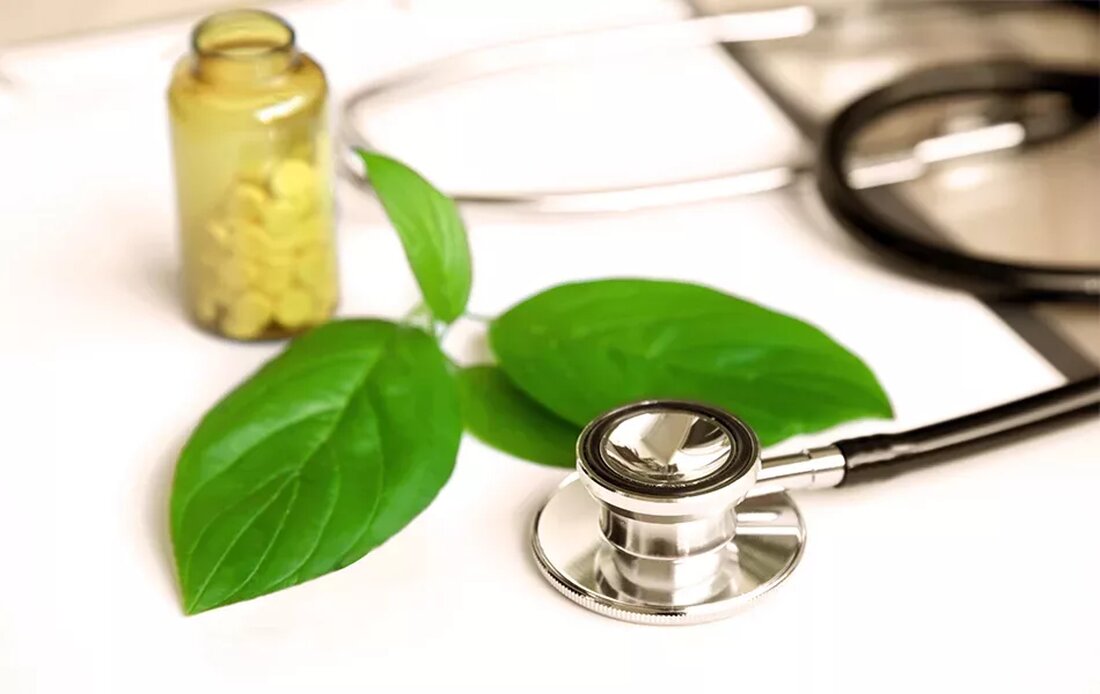Resveratrol and the coronavirus
Resveratrol and the Coronavirus By Prof. Gene Bruno, MS, MHS, RH(AHG) Huntington University of Health Sciences In 2017, and in-vitro study1 examined the antiviral effect of resveratrol against cells from coronavirus-infected patients. The results showed that resveratrol: Significantly inhibited coronavirus infection Significantly prolonged cellular survival after viral infection Decreased replication of nucleocapsid, a protein essential for coronavirus replication Downregulated apoptosis (i.e. cell death) induced by the coronavirus. This study showed that resveratrol is a potent anti-coronavirus agent in vitro, and the researchers suggested that resveratrol could be a potential antiviral agent against the coronavirus in the near future. …

Resveratrol and the coronavirus
Resveratrol and the coronavirus
By Prof. Gene Bruno, MS, MHS, RH(AHG) Huntington University of Health Sciences
In 2017, andin vitroStudy1 examined the antiviral effects of resveratrol against cells from coronavirus-infected patients. The results showed that resveratrol:
- Deutlich gehemmte Coronavirus-Infektion
- Deutlich verlängertes zelluläres Überleben nach Virusinfektion
- Verminderte Replikation von Nukleokapsid, einem Protein, das für die Replikation des Coronavirus essentiell ist
- Herunterregulierte Apoptose (dh Zelltod), die durch das Coronavirus induziert wird.
This study showed that resveratrol is a potent anti-coronavirus agentin vitro, and the researchers suggested that resveratrol could be a potential antiviral against the coronavirus in the near future. So what was the mechanism by which resveratrol was effective against the coronavirus? We don't know for sure, but we have an idea. Resveratrol may increase certain circulating immune cells known as gamma delta T cells.
Human research2 was conducted to examine the effects of repeated doses of resveratrol (1,000 mg/day for 28 days) on circulating immune cells in healthy individuals. The results were that resveratrol was safe and well tolerated and was associated with a significant increase in the number of circulating gamma delta T cells (which act as the first line of defense and bridge between innate and adaptive responses) and regulatory T cells.
This becomes even more significant considering that analyzes of the T-cell repertoire in healthcare workers who survived the coronavirus infection during the 2003 outbreak found that their gamma-delta T-cell populations were selectively expanded approximately three months after the onset of the disease. This was associated with higher production of anti-coronavirus immunoglobulin G titers. Aside from that,in vitroExperiments showed that stimulated gamma-delta T cells have interferon gamma-dependent anti-coronavirus activity and are able to directly kill coronavirus-infected target cells.
Taken together, these results suggest that gamma-delta T cells play a protective role during coronavirus3 - and resveratrol increases the number of circulating gamma-delta T cells. Although there have not yet been human clinical trials on the effects of resveratrol against the coronavirus, it seems advisable to consider using this nutraceutical for its protective effects. A dose of 1,000 mg of resveratrol daily is equivalent to the amount used in human clinical research that effectively increased delta T cells.References:
1 Lin SC, Ho CT, Chuo WH, Li S, Wang TT, Lin CC. Effective inhibition of MERS-CoV infection by resveratrol. BMC Infect Dis. 2017 Feb 13;17(1):144.
2 Espinoza JL, Trung LQ, Inaoka PT, Yamada K, An DT, Mizuno S, Nakao S, Takami A. Repeated administration of resveratrol has measurable effects on circulating T cell subsets in humans. Oxide Med Cell Longev. 2017;2017:6781872.
3 Poccia F, Agrati C, Castilletti C, Bordi L, Gioia C, Horejsh D, Ippolito G, Chan PK, Hui DS, Sung JJ, Capobianchi MR, Malkovsky M. Anti-severe acute respiratory syndrome coronavirus immune responses: the role played by V gamma 9V Delta 2 T cells. J infection dis. May 1, 2006; 193(9):1244-9.
Professor Gene Bruno, MS, MHS, provost for Huntington College of Health Sciences, is a nutritionist, herbalist, author and educator. For more than 37 years, he has educated and trained natural products retailers and healthcare professionals, researched and formulated natural products for dozens of dietary supplement companies, and authored articles on nutrition, herbal medicine, nutraceuticals, and integrative health topics for trade and consumer magazines and peer-reviewed publications. He can be reached at gbruno@hchs.edu.
- COVID-19
- Prof. Gene Bruno Blog
Read original article in English.

 Suche
Suche
 Mein Konto
Mein Konto
